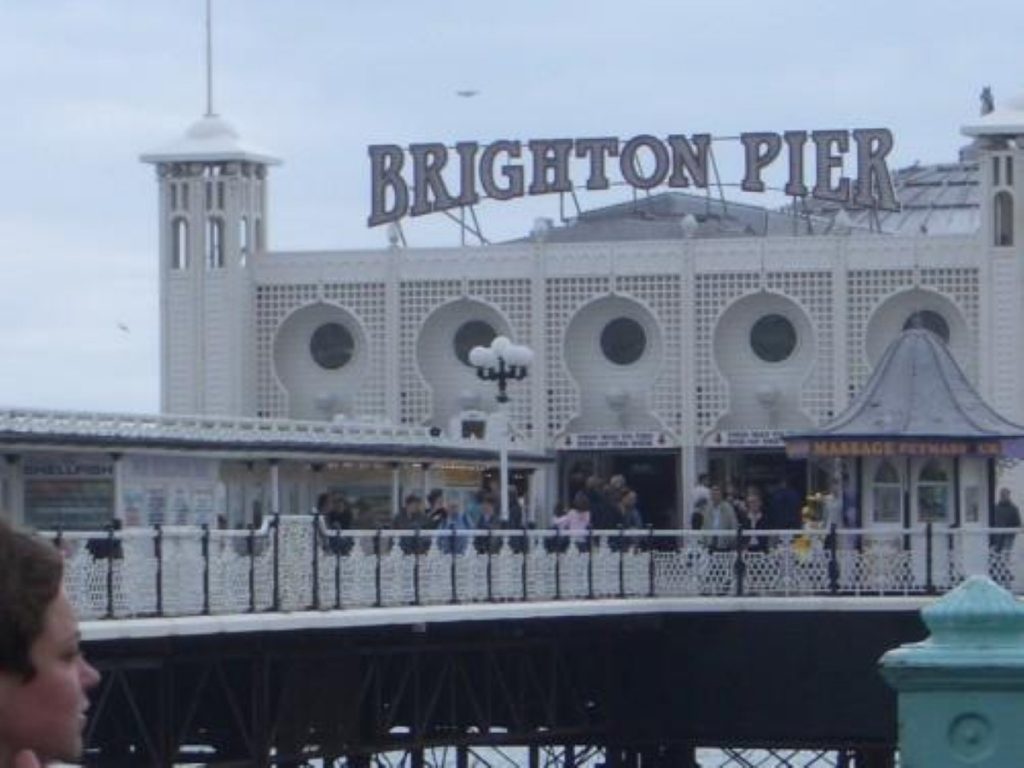Party conference ‘must be more inclusive’
The party conference system is “old-fashioned” and “exclusive” and must be opened up to the wider public, Nick Clegg has argued.
The Liberal Democrat home affairs spokesman said that while he found the bi-annual gatherings in Brighton “immensely enjoyable”, they hardly represented the majority of party members or voters.
“We are a tiny slither of the British electorate, a tiny slither even of Lib Dem members, and we hold old-fashioned debates where people ask questions but don’t quite have time to get the answers,” he told a Hansard Society fringe meeting.
“It’s incredibly clunky – it is immensely enjoyable but I don’t have any illusions about how out of step it is with the environment that the majority of young people operate.”
Mr Clegg said it was “inconceivable” that the Lib Dems would organise conference in the same way in 20 years time, adding: “We have to learn to be a lot more inclusive as a party – how can we use technology to bring in more members of the public?”
He suggested setting up satellite links to allow figures from around the world to speak to conference, and introducing new technology to allow party members to vote even if they were not in attendance.
All MPs and political figures should also be podcasting, as Mr Clegg and Lembit Opik, the Lib Dem Northern Ireland and Welsh spokesman, did yesterday.
He argued: “All of this is surely possible and if any party in British politics should be seen to be ahead of the game, it’s the third party.
“Our party is not just about our policies but how we do our politics. One of the reasons I am a Lib Dem is because we do our politics in a more inclusive manner and I think the technology is out there to do this.”
However, Mr Opik was more cautious about the benefits of technology, warning that it was “no substitute” for face to face meetings, particularly when it came to election time. Doorstep campaigning has always been a strong point of the Lib Dems.
Mr Clegg replied: “I’m not suggesting we scrap conference.and I’m not suggesting we scrap face-to-face contact but it’s the marriage of the two that we need.”
Baroness Shirley Williams, the former Labour education secretary, also raised concerns with another technological development that has affected politics – blogging – which she warned was making the creep into politicians’ private lives more acute.
A Bristol West activist, Ian Campion Smith, told the meeting that he believed an off the cuff remark by the Lib Dems’ parliamentary candidate for Hartlepool in 2004, Jody Dunn, which was recorded in a blog and picked up by Labour, cost her the election.
“I am frightened about what [blogging] will do and whether it will encourage politicians to be even blander.we already have a generation of government ministers desperate to say nothing that could possible offend – it’s draining politics,” Baroness Williams warned.
Mr Opik added that such attention, which increased the already intense pressure on politicians from 24-hours news, was “putting people off coming into public life”.





-01.png)